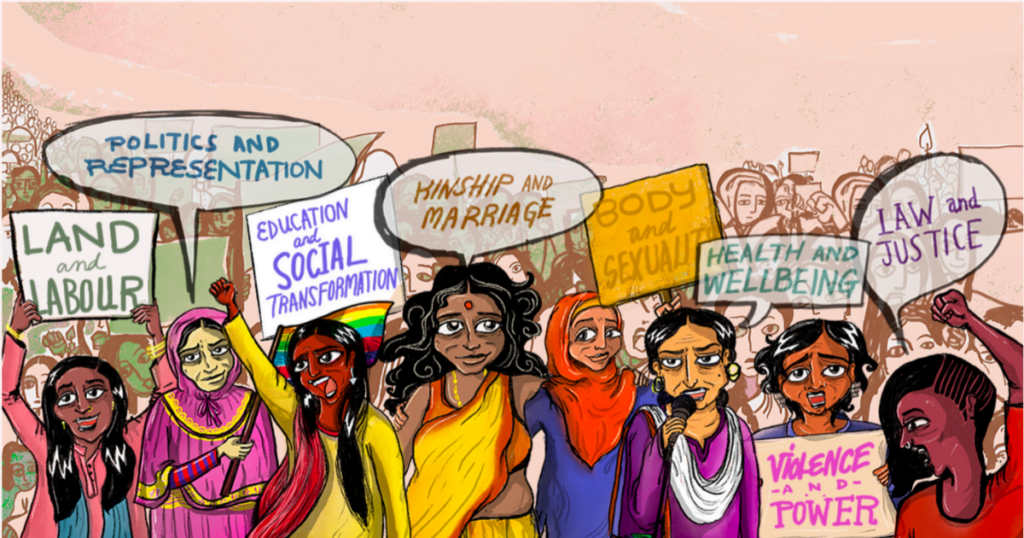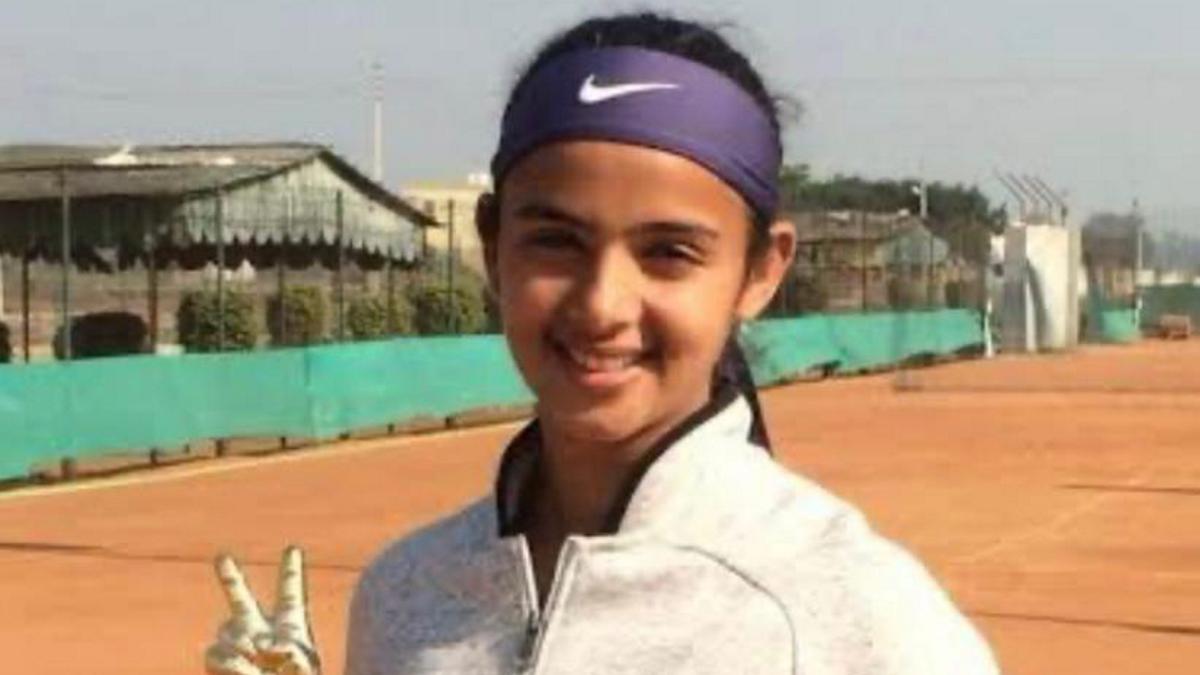India is not just the world’s biggest democracy, but it is also regarded as the strongest. Democracy is about equality, regardless of gender, class, or religion, in addition to elections and a representative government. It encompasses rights that citizens should be able to assert in their daily lives, rather than just being a form of governance.
It is by facilitating people to express their aspirations and goals, that democracy’s primary purpose and visibility in a nation is realised. Both separately and in relation to one another, the topics of democracy and gender intersect in various ways.
When discussing western democracy, we often refer to liberal democracy. However, in the case of our nation, the democratic regime is fairly young. A democracy would be lacking in its very core without gender equality, which is why it is so crucial. From a distance, it appears that women are becoming more active in society, pursuing higher education, and beginning careers that were formerly exclusive to men.
In terms of women’s impact generally, the fact that there are several women in leadership positions in India appears to be a positive development. However, once we look closer, we see how it is way more complicated and nuanced than it seems.

In India, women have historically been restricted to the home, and although today they have begun to enter the public spheres reserved for men, their gendered obligations to the home still stand.
Education is the key to improving the situation and bolstering the position of women, so they can see through the oppressive structures of society. Growing up, we were often told that if a woman in the family pursues her education, the entire family benefits. Therefore, a lack of education and exposure for an entire gender weakens a democracy.
Increased female political participation is a crucial step to advance gender equality and ensure a favorable impact on several policy concerns, with a focus on gendering healthcare, family, women’s rights, educational policies, and the like
Famous feminist and political theorist Carol Pateman made the valid point that women’s participation in politics has never been guaranteed and never will be due to the historical tradition of them being subordinate to males in both private and public spheres.
Limited educational possibilities, lack of economic independence, and the male-dominated cultural norms women live under contribute to and make this subjugation based on gender feasible.
Although education is a crucial component of equality, not everyone has access to it equally. Saying that democracy is equal for everyone is not only ignorant but also absurd given that women’s identity is still considered meaningless unless it is connected to a relationship with a man.
Although they first appear to live in comparable conditions, women who reside in the same location experience gender equality differently, which is a key principle that intersectional feminists frequently emphasise.
Also read: As We Celebrate Another Independence Day, What Does Freedom Mean To Women And Queer Individuals?
When it comes to voting, there is a significant increase in the turnout and participation of women voters, as compared to men. According to studies, women are the true advocates of change, and the historic Bihar 2005 elections are a noteworthy example, where there was a shift in the administration following decades of lawlessness, corruption, and no economic growth due to higher voting participation of women.
Despite this, statistics demonstrate how few women hold positions of authority. Most often, rural women candidates in elections serve only as “dummy representatives,” i.e. winning from the seats designated for women, while the actual authority is held by their husbands or other male family members. The well-known web series “Panchayat” recently did an excellent job of capturing this reality.
There is no doubt that democracy and gender equality are intrinsically linked. In a democracy, protecting and advancing gender justice is essential because doing so would promote women’s political involvement, which would then improve responsiveness to social concerns and significantly reinforce the civil rights and political liberty of all
Even after 75 years of independence, the reality in the India we live in today is extremely complex, with women directing grassroots organisations and holding prominent political roles alongside other women who are unaware of or have little understanding of their legal rights.
This is not to insist that all women must invariably hold positions of political power, but at the absolute least, they should all be aware of their democratic rights and have the agency to express their opinions without worrying about the repercussions.
We cannot deny that in our nation, a woman’s reality is gendered and this affects her life, education, and capacity to make autonomous decisions in general. In a perfect world, none of these things would determine whether or not women receive the same treatment as men in society, but sadly, our’s is a far from perfect world.
The Indian government and constitution have in place several laws and policies that guarantee equal rights for all. But we must remember that we still live in a culture where a substantial number of women are reliant on their husbands and families.
Also read: Watching S.N.S. Sastry’s Documentary ‘I Am 20’ In The 75th Year Of India’s Independence
Women must be made aware of their choices and their rights to exercise these choices without fear of losing their place in their families. More women are accessing education and employment in recent times and as a result, they are obtaining greater levels of autonomy, both personal and societal.
This is a step in the right direction since financial and social empowerment has a direct bearing on the exercise of individual agency, especially for women and individuals from marginalised identities.

There is no doubt that democracy and gender equality are intrinsically linked. In a democracy, protecting and advancing gender justice is essential because doing so would promote women’s political involvement, which would then improve responsiveness to social concerns and significantly reinforce the civil rights and political liberty of all.
Men also frequently have a tendency to perceive the world from a more male-centric perspective because they have always had the privilege of being at the highest level of decision-making. In plainer terms, they are unable to adequately comprehend the requirements of female citizens, their rights and problems.
Increased female political participation is a crucial step to advance gender equality and ensure a favorable impact on several policy concerns, with a focus on gendering healthcare, family, women’s rights, educational policies, and the like.
In a patriarchal society like ours, there is a need for more female leadership and inclusion so that women become equal stakeholders in the democratic process.
Surbhi is a creative media person and a political student who is passionate about history and psychology academia. She is also an avid reader who adores the sky, and everything that nature has to offer and loves exploring different art forms, cuisines, and cultures. Surbhi identifies as a feminist with a strong commitment to the principles of gender justice and aspires to work in this field. She is on LinkedIn, Twitter, and Instagram





